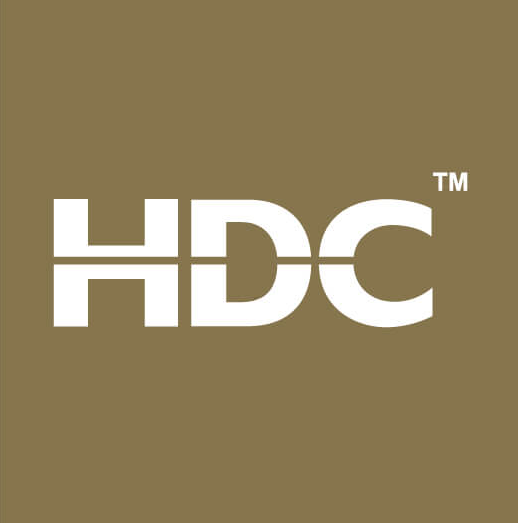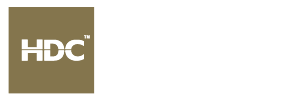
Know more about HIPER
PLAY VIDEO
Project
Background

Malaysia is regarded as one of the leading economies in the global halal landscape. This is proven by its No. 1 Rank in Thomson Reuters’ Global Islamic Economy Indicator (GIE) 2018/2019. It is also fast becoming recognized as the leading trade centre for the mainstream halal industry. Malaysia’s total halal export growth had increased significantly over the years from RM23.9 billion in 2011 to RM43.3 billion in 2017. The growth is predominantly concentrated in food & beverages which comprise 47% (RM20.1 billion) of the exports, followed by Halal Ingredients at 36% (RM15.7 billion).

Project
Background
Malaysia is regarded as one of the leading economies in the global halal landscape. This is proven by its No. 1 Rank in Thomson Reuters’ Global Islamic Economy Indicator (GIE) 2018/2019. It is also fast becoming recognized as the leading trade centre for the mainstream halal industry. Malaysia’s total halal export growth had increased significantly over the years from RM23.9 billion in 2011 to RM43.3 billion in 2017. The growth is predominantly concentrated in food & beverages which comprise 47% (RM20.1 billion) of the exports, followed by Halal Ingredients at 36% (RM15.7 billion).










